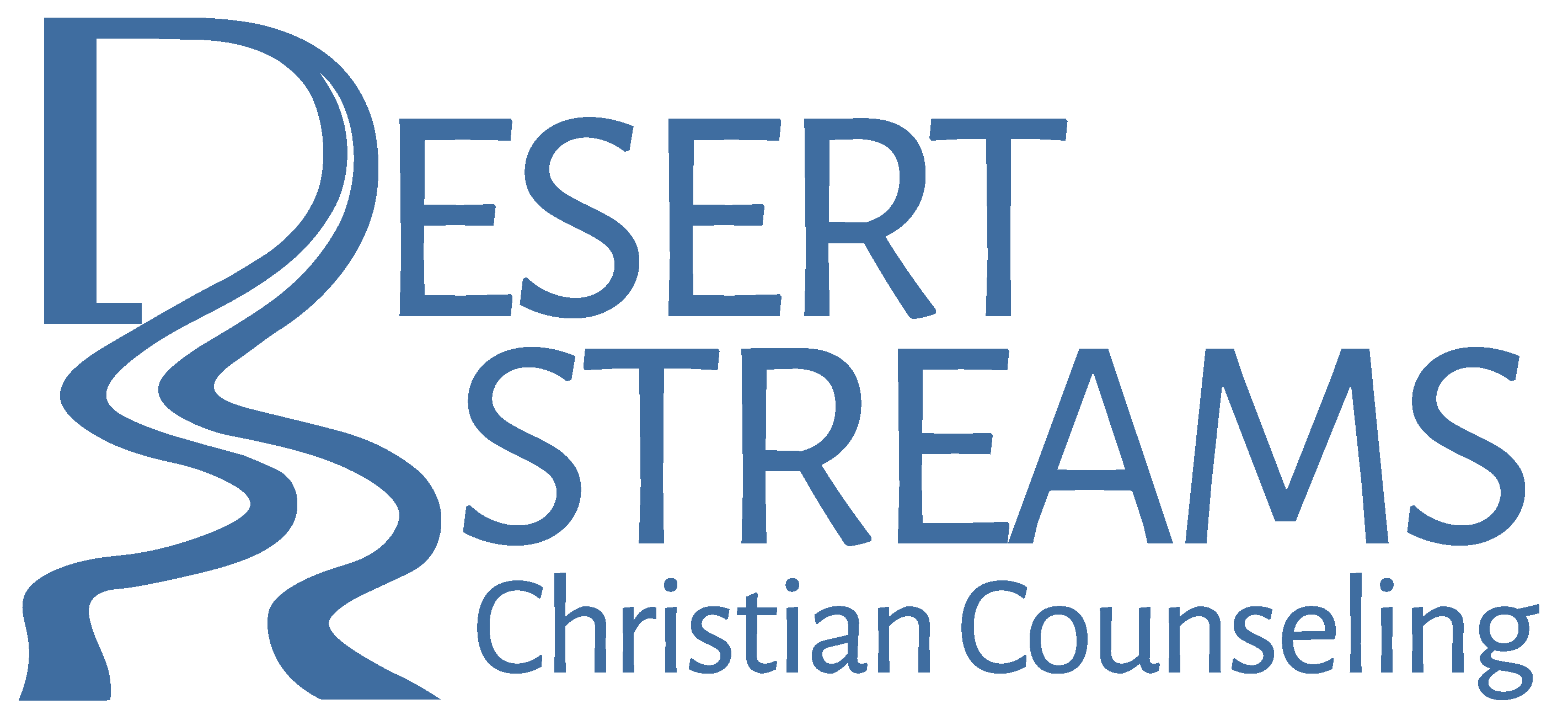Making decisions is something we are faced with on a daily basis, some of these are “minor” (what shall you have for breakfast? what outfit will you wear? etc) and some of these are “major” decisions (which project at work will you tackle first? How will you handle a difficult conversation?). For this E-Newsletter we are going to focus on some things to keep in mind for those more “major” decisions in our days, those decisions in which the affects are more long lasting in our lives and of those around us. So here are some things to keep in mind:
1. Don’t act in haste:
Most poor decisions occur when we make decisions too quickly. Our brains tend to want to make rapid judgments, even though they’re not always the best kind. Sometimes we may feel rushed to make a decision due to other people putting pressure on us to hurry up. Remember advertisers spend billions of dollars because they know people tend to make impulsive decisions. “It’s not good to have zeal without knowledge, nor to be hasty and miss the way.” Proverbs 19:2
2. Gather Information:
When you seek out additional information and outside opinions, you expand your options. Wise people are able to see issues from more than one point of view. Take the time to look at a decision from all angles, the pros and the cons, and the affect the decision will have on you as well as others.
“The first to present his case seems right, till another comes forward and questions him.” Proverbs 18:17
3. Evaluate your motives:
Motives can be tricky, they’re often deceptive and difficult to uncover. Humans can be masters at rationalization. We often assume something is right just because we want to do it.
“The way of a fool seems right to him, but a wise one listens to advice.” Proverbs 12:15
4. Seek Guidance:
Pray for wisdom, consider what you know about God’s moral standard. Ask yourself: Does my decision honor God? Is it in agreement with God’s word? Is it best for the short term and the long term? Is it motivated by proper values?
The more often we make a certain “kind” of choice in our lives, the more likely we are to make those types of choices in the future.
Respectfully submitted by Pam Stinchcomb, LMSW

